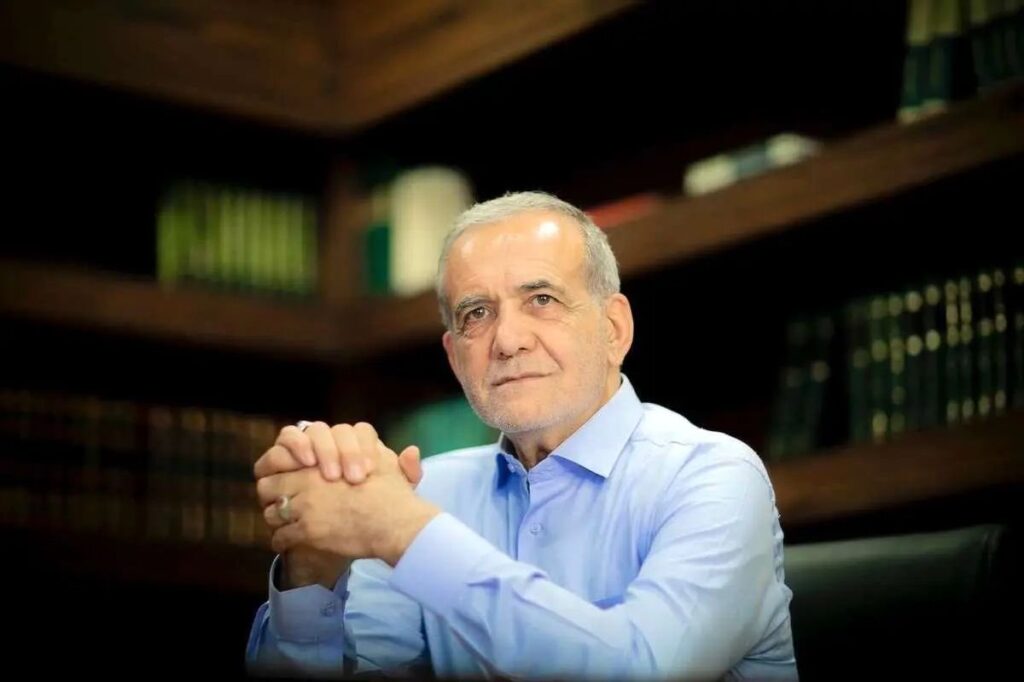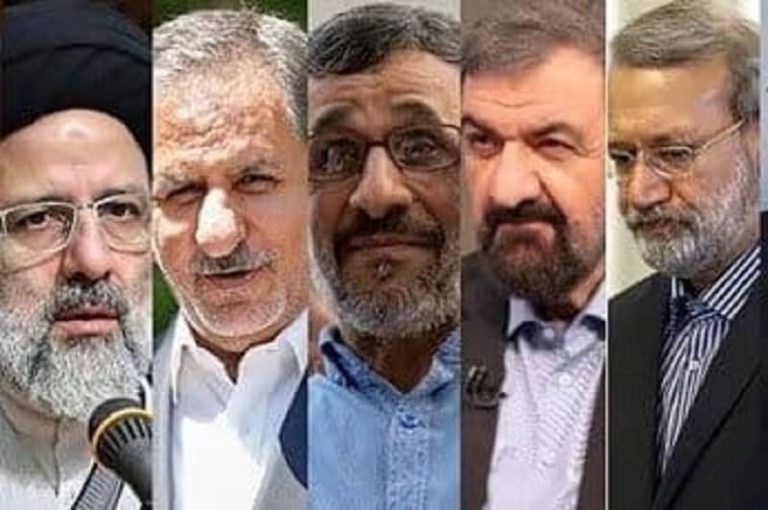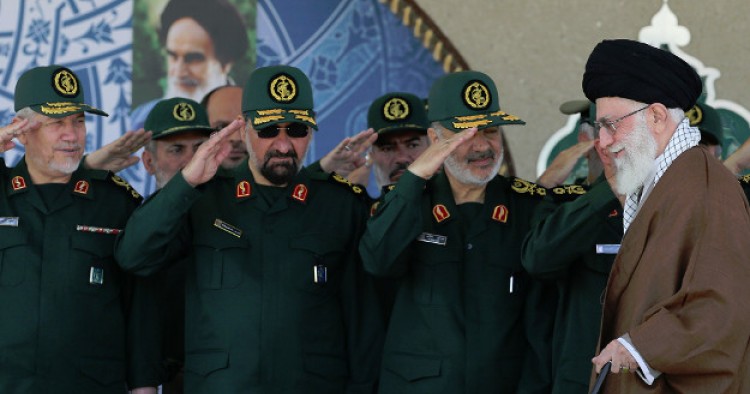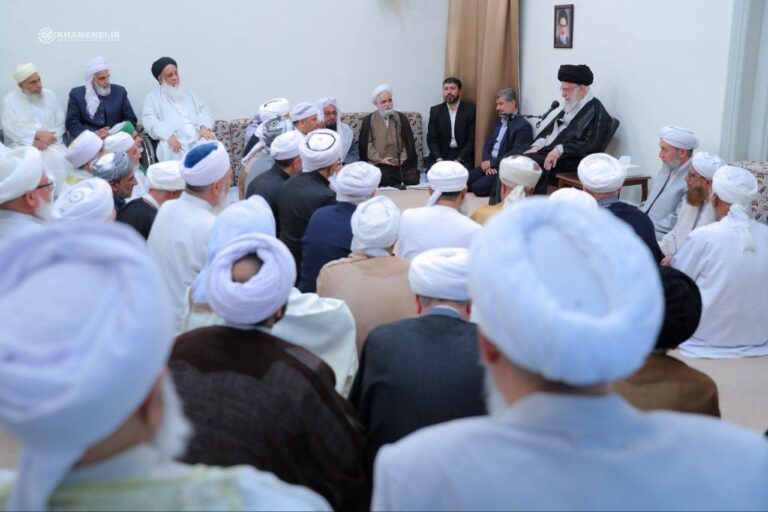Discussion around Ayatollah Khamenei’s successor has picked up for several reasons, beyond just the rumors about his health. Khamenei has been in power since 1989, making him one of the longest-serving leaders in the region, and he plays a central role in Iran’s complex political system. Given his age and recent rumors, the question of succession naturally arises, especially as his position holds enormous influence over Iran’s future direction on domestic and international policies.
Another reason this topic is gaining traction is Iran’s current political and economic challenges. There’s widespread domestic dissatisfaction over issues like inflation, sanctions, and civil rights, making the leadership question even more pressing for Iranians and international observers alike. Some factions within Iran’s political establishment want a say in who follows Khamenei, hoping a new Supreme Leader could align with their agendas, which adds complexity to the succession talk.
Finally, this is a sensitive moment for Iran on the global stage. Relations with the West, ongoing nuclear negotiations, and regional power dynamics could shift significantly under a new leader. Whoever succeeds Khamenei could steer Iran either toward more openness and reform or continue on a conservative path, which would have huge implications for regional stability.
Advocates for reform in Iran, who seek to curb Khamenei’s influence and address his rivalry with the Islamic Revolutionary Guard Corps (IRGC), are intensifying rumors regarding the poor health of the country’s Supreme Leader, Ayatollah Ali Khamenei.
Rumors about Ayatollah Khamenei’s health have flared up recently due to a mix of factors, including his advanced age (he’s 85) and occasional periods of absence from public appearances, which often spark speculation. In recent weeks, several reports, particularly from exiled Iranian opposition groups and international media, suggested that he was critically ill or even in a coma. Though these claims haven’t been substantiated, Khamenei’s recent low-profile appearances may have further fueled speculation. Iran’s state media hasn’t addressed these rumors, adding to the uncertainty and curiosity surrounding his health. There’s also heightened interest due to the broader political context: as Iran faces serious domestic issues (like economic struggles, public protests, and debates over succession), many are curious about who might succeed Khamenei if he can no longer serve.
We believe that Iran’s inner circles and elites want clarity regarding the identity of Khamenei’s successor, as it will shape their future influence and standing. While we view the likelihood of a leadership change due to health-related issues as relatively low, a transition driven by an internal power struggle seems more probable. Reluctance to openly acknowledge the possibility of a conspiracy may explain why elites are bringing Khamenei’s health into public discourse. Framing the issue around health concerns could allow for the selection of a successor under the guise of natural, medical anxieties, rather than overt political motives. Iran’s Supreme Leader Ayatollah Ali Khamenei, now in his mid-80s, has faced multiple health challenges over recent years. Key concerns have included a history of prostate cancer, for which he underwent surgery in 2014, and more recently, emergency surgery for a bowel obstruction in 2022. Although Iranian officials often highlight his active role in public life, these surgeries and his extended absences from the public eye have fueled ongoing speculation about his health and potential succession plans.
In 2022, the health of Iran’s Supreme Religious Leader, Ayatollah Ali Khamenei, reportedly worsened. By 2023, reports surfaced that the Supreme Leader of the Islamic Revolution was hospitalized under medical supervision, with his condition described as serious, according to The New York Times. Khamenei allegedly underwent surgery for an intestinal obstruction at that time. Further rumors about Khamenei’s health arose in 2024 after a statement from his medical team celebrated his “good health” in a highly publicized TV segment. This unusual emphasis on his wellness has only heightened questions about his physical stability and future role in leadership. Meanwhile, the Iranian government generally keeps details about Khamenei’s health undisclosed, recognizing that uncertainty around his condition may have implications for both domestic politics and Iran’s role in regional dynamics. The primary candidate to succeed Ayatollah Ali Khamenei is his son, Mojtaba Khamenei, who is 55 and already holds considerable influence. However, Iran’s Revolutionary Guard and key religious figures could influence the final decision, potentially favoring a broader candidate pool. Alternatives might include high-ranking clerics like Ebrahim Raisi, who has had significant political and judicial roles, though succession is complicated by the complex power structures within Iran’s political and religious elite.
President Ebrahim Raisi had reportedly opposed the candidacy of Khamenei’s son as a potential successor, possibly because he himself had previously been promised the position of Supreme Leader.
This raises the possibility that Raisi’s death in a plane crash may have been connected to his aspirations for Iran’s highest office.

More on this story: Pezeshkian’s foreign policy will mostly be limited to the nuclear dossier
The Islamic Revolutionary Guard Corps (IRGC) holds significant influence in Iran’s political system and is expected to play a critical role in determining Khamenei’s successor. Although Mojtaba Khamenei is a likely candidate, the IRGC’s stance is complex and strategic: they may support him if his leadership aligns with their interests, especially regarding continuity of current policies. However, the IRGC could also push for a more favorable candidate if they believe it would strengthen their position and secure their influence in Iran’s future power dynamics.Mojtaba Khamenei’s potential succession could be supported by Iran’s Revolutionary Guard, which plays a pivotal role in Iranian politics and has significant sway in power transitions. Some influential clerics may also back him, especially if they see continuity in his father’s policies aligning with their own interests. The support of conservative factions within Iran’s Assembly of Experts, responsible for appointing the Supreme Leader, could further bolster his position. However, this path is complex due to internal rivalries and differing views within Iran’s political and religious landscape. Mojtaba Khamenei, who was not initially an ayatollah and therefore technically ineligible to inherit the role of Supreme Leader from his father, received an expedited promotion to this title last year amid concerns about his father’s declining health. As a result, the likelihood of Mojtaba being selected as the next Supreme Leader has increased.

More on this story: The 2024 Iran election: key problems and possible scenarios to develop

More on this story: Trends in IRGC’s appointments and centers of influence




